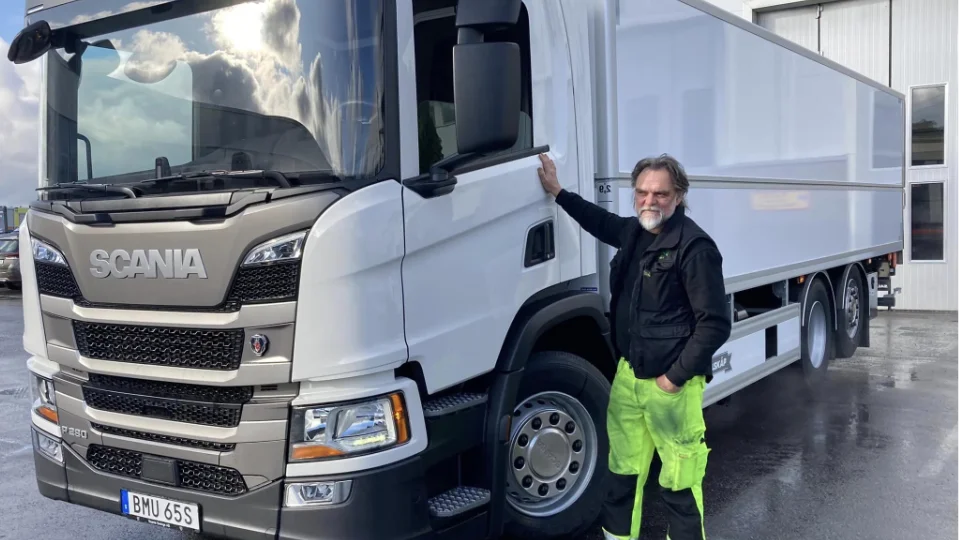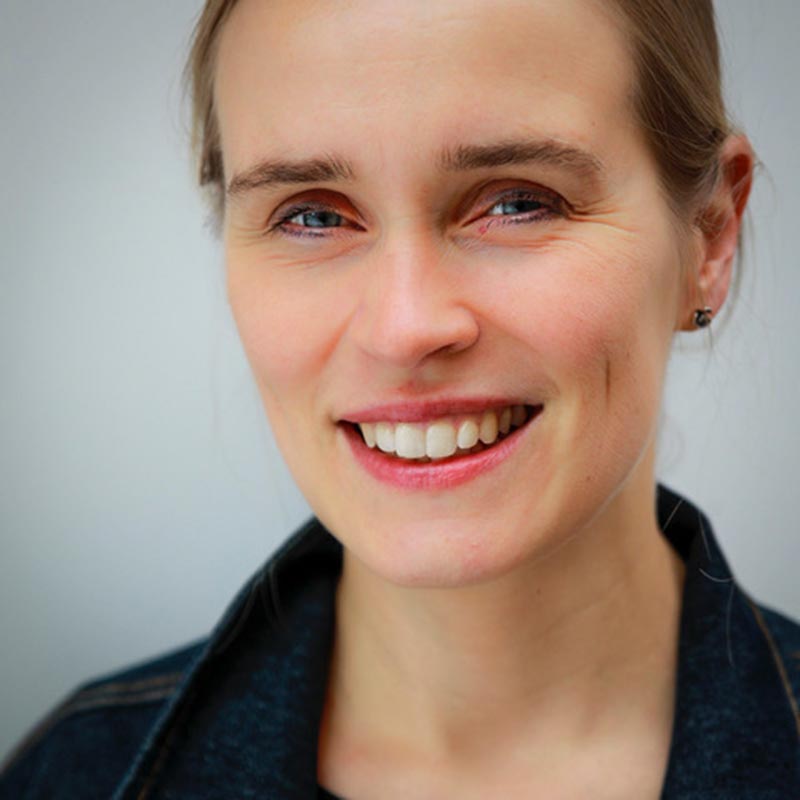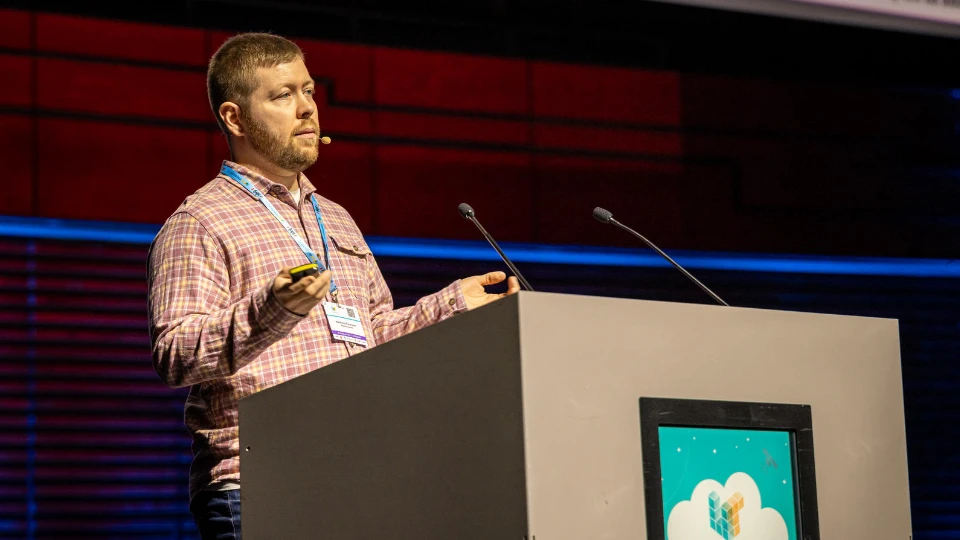This article was originally published in Swedish and has been translated to English and Finnish by EPALE, funded by the Erasmus+ programme.
Wille Bolinder has always been good at drawing, and he attended various art schools in his youth. Eventually, his interests led to the art university Konstfack, where he obtained the degree of a graphic designer.
– What comes next? I started working in an advertising company because that is what I was good at. Then along came the Internet. My boss told me that since I was a designer, I should try to get a hang of the new trends. Learn how to navigate the web with flows and buttons. But what should the buttons look like? How should the flows work? This was incredibly early in the history of the Internet, around year 1996.
Wille Bolinder became a specialist in website design, and he worked at Icon Medialab. At the time, the company was one of the most famous enterprises in its field, and major businesses paid up to 15 million Swedish kronor (SEK) for a regular website.
– The price was high because we had to develop everything from scratch. We had to invent the wheel every time.
For a few years, Icon and other IT companies did exceptionally well in the market. Then the IT bubble burst.
– It all blew up in the end because the sellers had promised the moon and stars with the new Internet, but all the customers got was a website.
After that, work on the web became more small-scale. Wille worked as a freelancer for a few years.
– The job was the same as it was at Icon, but now I could provide the same services for under SEK 100,000.
New times – once again
Wille Bolinder became a partner in a small company, taking on both small and large projects. Things at work were running smoothly – until 2016.
– An old colleague from Icon recruited me into a FinTech business and I worked there for three years. The job almost broke me. I had missed the train on all the new development.
Wille was used to creating six or seven different sketches alone, discussing them with colleagues, and then choosing one and getting started with the work. However, the tech agency used so-called “Google design sprints”, during which the employees worked as a team to develop different digital solutions.
– The idea was to involve everyone and give them a chance to contribute. And then you would get started and have meetings about how to have meetings! I am not even joking.
– It took four weeks before we could even start sketching ideas. I had a mental breakdown. I was also incredibly stressed because we were not getting anything done. I knew it was me who would get the blame because I was a senior employee.
The organisational structure was supposed to be flat, and the work methods had to be agile. In an agile organisation, knowledge-based advantage and formal power are not enough, and even managers cannot micro-manage things or tell people what to do. According to Wille Bolinder, one of the problems was that there were still people withholding information and, thus, having an unfair advantage.
– It all became too much. I had to get myself out of there. I had a safety net, as I got paid for a full year. I decided to go back to freelance work. We made some pitches, trying to sell an invoicing system. However, my stomach would hurt when I as much as thought about working with apps and the web. I felt like I was done with that world.
10–15 years until retirement
Wille Bolinder needed to find something else to do.
– I was 55 years old. That is old for the labour market. Still, you are supposed to work for another ten or fifteen years.
Then a guy at the boat club where Wille used to hang out suggested that he should get a class C driver’s license and start driving a truck. There were plenty of jobs available.
Truck driving was once considered a low-skilled job, but today, truckers must have several professional certificates and other cards if they wish to drive their vehicle and load goods. Wille contacted the Swedish Public Employment Service and found a training course to obtain the skills he needed.
– It was a flying start from the very beginning. I was completely focused on getting my certificate. I completed the training in about one year and got a job right away! I got to head out on the roads and show what I had learned. The job just started rolling on its own.
“I have been given a chance”
Almost a year has now passed since Wille started driving a truck. His job is to pick up hazardous waste around the Stockholm region. The salary of just over SEK 30,000 a month is half of what he earned at the web agency, but he has enough to get by. He does not think he has switched to an inferior job grade.
– I do not look at the process as a change of branch or a shift from a white-collar worker to a nine-to-fiver. The way I see it, I have been given a chance to do something completely different and practical. It is a status loss in a way, but I have always identified myself with the working class. Almost all of us have working-class ancestors just a few generations back. Today, truck drivers and craftsmen make so much money that they can live in villas, meaning that they can also be considered a middle class.
Of course, some of Wille’s former colleagues believe he should have climbed up the career ladder and become a creative director, concept developer or something similar. Perhaps they think he has given up by taking a less prestigious job. However, most people have a positive reaction to Wille’s news about his career change.
Wille himself is pleased to be free from the stress and competition of his previous profession. The new job is easier to let go of when the shift is over. Moreover, Wille has lost ten kilos in weight over the past year, because the new job means he is always on the move.
– I am also out and about in a completely different way than when I was working in an office. I see the seasons changing, and the weather now has an impact on my job, he says.
Appreciation for time alone
The new job involves a lot of personal responsibility and plenty of alone time, which suits Wille Bolinder better than the last job at the web agency which entailed an unending string of meetings. However, he also benefits from his old profession, where he adopted a service-oriented attitude. In fact, one of the reasons why his current boss is happy to hire people with experience in other professions is because they have service experience. This is important when meeting with clients.
Wille Bolinder believes that he could not have coped with the career change 15 years ago. The vehicles are now smoother, and GPS and automatic transmission systems make the job easier.
However, getting compliments is rare at the trucking company. As long as there are no complaints, the employees can assume that everyone is happy with their performance. Therefore, it was a pleasant surprise for Wille when he got to drive one of the company’s newest trucks – it was a sign that his efforts were appreciated.



